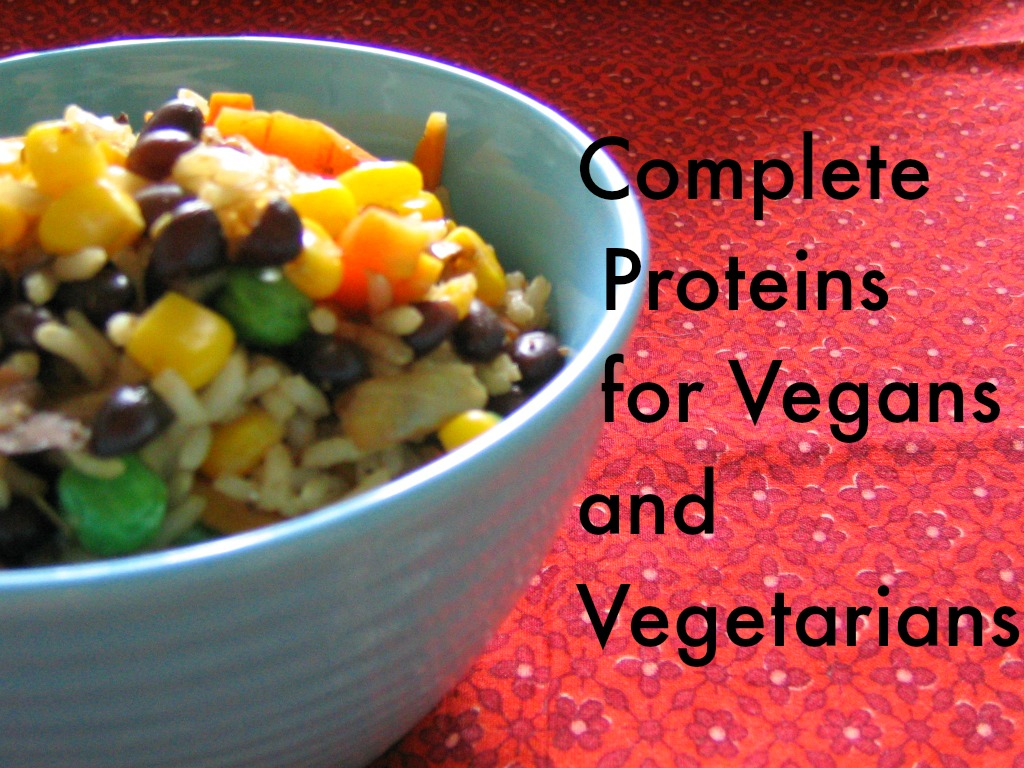Unfortunately, over the years, eggs have been a much maligned food. Due to their yolk’s high cholesterol level, doctors and other health professionals have advocated limiting their consumption, particularly for people with high cholesterol. These recommendations are unfortunate because eggs offer many health benefits and their impact on cholesterol is not clear cut. Eggs are a significant source of Vitamin A, Selenium, Folate, B vitamins and phosphorous. Even though their yolks contain 212 mgs of the 300 daily recommended mgs of cholesterol, over 70% of people show no cholesterol response to egg consumption and the other 30% of people (called hyper responders) showed a minimal increase in LDL and total cholesterol. These studies show, however, that eggs change the LDL particles from the small, dense particles associated with heart disease to large LDL molecules. People with predominately large LDL particles have a lower risk of heart disease. In fact, some studies have actually shown egg consumption can increase HDL (the “good” cholesterol) in some people. Egg yolks are also an excellent source of complete protein (6 grams of protein per large egg and they contain all of the essential amino acids) and they contain 100 mgs of choline, an incredibly important nutrient used to build cell membranes and by the body to produce the neurotransmitter, acetylcholine. Studies have also shown eating omega-3 enriched eggs can reduce triglycerides by 16-18%. Even though it was hard for me to let go of all the “knowledge” I had about limiting eggs due to their cholesterol count, once I started really examining the studies, eggs gained a regular place in my family’s breakfast rotation. You can’t beat their nutrient density compared to their cost!! If you are interested in adding eggs to your diet but have a history of high cholesterol, talk to your health care provider about a recommendation for a healthy number of eggs to include in your diet.
Photo found on flicker under Creative Commons license. See more beautiful photos by Woodley Wonder Works here.
Post shared on Fat Tuesday.



